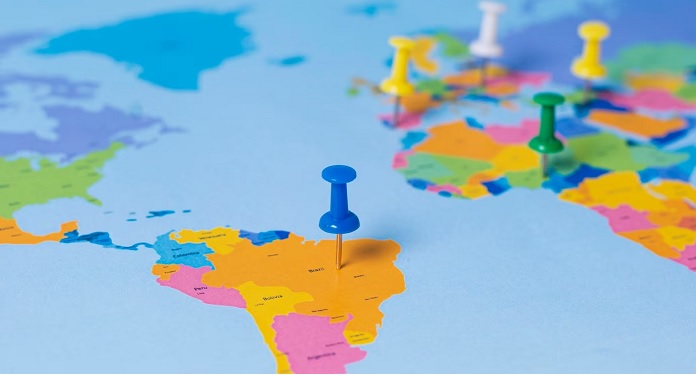The sports betting industry is growing in Brazil and Latin America. The Federal Government must create a secretariat for the sector, since the issue gained more prominence after the Sports Betting CPI in the Chamber of Deputies.
The CPI began with a results manipulation scheme involving players from clubs in various national divisions, including last year’s Brasileirão Series A.
The Sports Betting CPI ended this Tuesday, 26th, without voting on its final report, by deputy Felipe Carreras (PSB-PE). The document was filed, but the majority of deputies preferred to request views.
According to Portal Terra, the arrival of the deadline resulted in the commission being finalized without the document, which provided for some changes in the sector, being analyzed.
One of the issues proposed was to restrict sports betting only on goals or the outcome of an event. In the scandal discovered by the Public Ministry of Goiás (MP-GO), much of the manipulation referred to cards and penalties.
It is worth noting that this problem is not exclusive to Brazil, generating concerns in other countries. The Bolivian Football Federation decided to suspend the national league at the beginning of the month due to an alleged results manipulation scheme.
One point mentioned is the boom in sports betting houses, as well as advertising in the sector. According to research by Ibope Repucom, in 2022, the segment led the sponsorship of shirts for teams in the first division of football in Brazil.
Sports betting market in Latin America
In Latin America, bookmakers ranked second in these spaces. Furthermore, championships, TV broadcast quotas and spaces in stadiums have started to have a massive presence in this sector in recent years.
Ibope Repucom’s business development director, Arthur Bernardo Neto, understands that it is in everyone’s interest, especially betting houses, to make maximum effort to combat manipulation.
He says that “the recent episode with Brazilian players culminated in relevant punishments”, in an interview with Portal Terra that some of the athletes were banned from the sport.
“We believe that the weight of such punishments contributes to mitigating the negative effects on the image of bookmakers and, added to regulation, can create a more favorable environment vis-à-vis public opinion and bettors”, stated Neto.
Last year, a report carried out by SimilarWeb pointed out Brazil as the global leader in access to platforms, with around 25% of the global total.
The Pan American Health Organization (PAHO) pointed out, in a report, that the region’s market is considered less mature than in Europe, where legal gambling has been available for longer.
According to the assessment, sports betting companies view much of the continent as not “overly regulated,” as opposed to some European countries.
“Whether because there are still no laws that regulate betting, or because there is no control over applications that are not legal,” Alberto Eduardo Álvarez, a psychiatrist at the Argentine Psychoanalytic Association (APA), told Terra.
“This is a relatively new social phenomenon and the laws are always dictated by the structure of the system at a later time”, he added.

Advertising and sports betting houses
In several countries, pressure to restrict advertising in the segment had a practical effect. In France, a law providing for influencers to act limits the space for bookmakers.
In the United Kingdom and Spain, the main football teams decided to no longer rely on agreements in this market in the most valued spaces on their uniforms.
Belgium opted for a more severe stance and further restricted betting house campaigns since July. “This is necessary to combat the normalization and trivialization of gambling,” stated the official government statement.
The Netherlands, in turn, also limited advertising in segments such as radio and TV.
In Brazil, the topic is being debated in parallel with the regulation of sports betting in Congress. One project aims to limit the presence of personalities and celebrities in campaigns, in addition to reducing TV advertising broadcast times.




















































